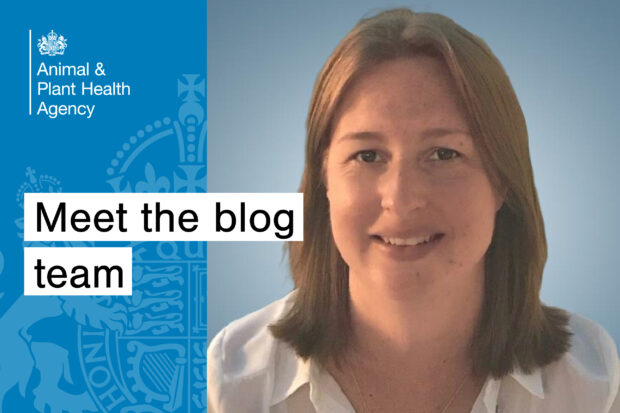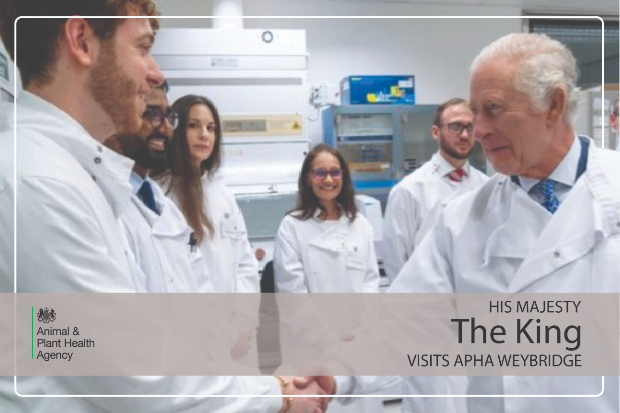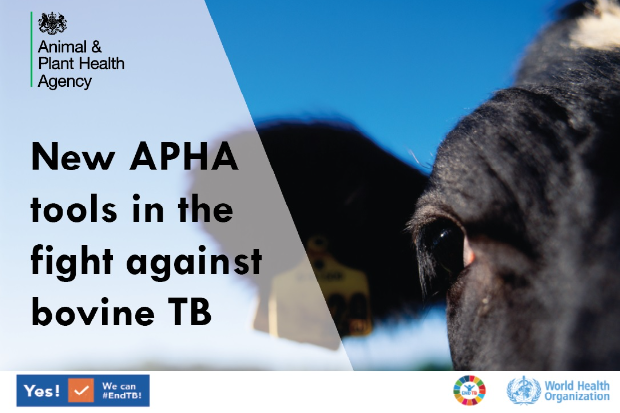Meet the people behind the APHA Science Blog
Meet the people behind the APHA Science Blog
Step behind the scenes and meet the small but dedicated team who help bring APHA’s science stories to life, turning complex work into something anyone can enjoy.












Recent Comments